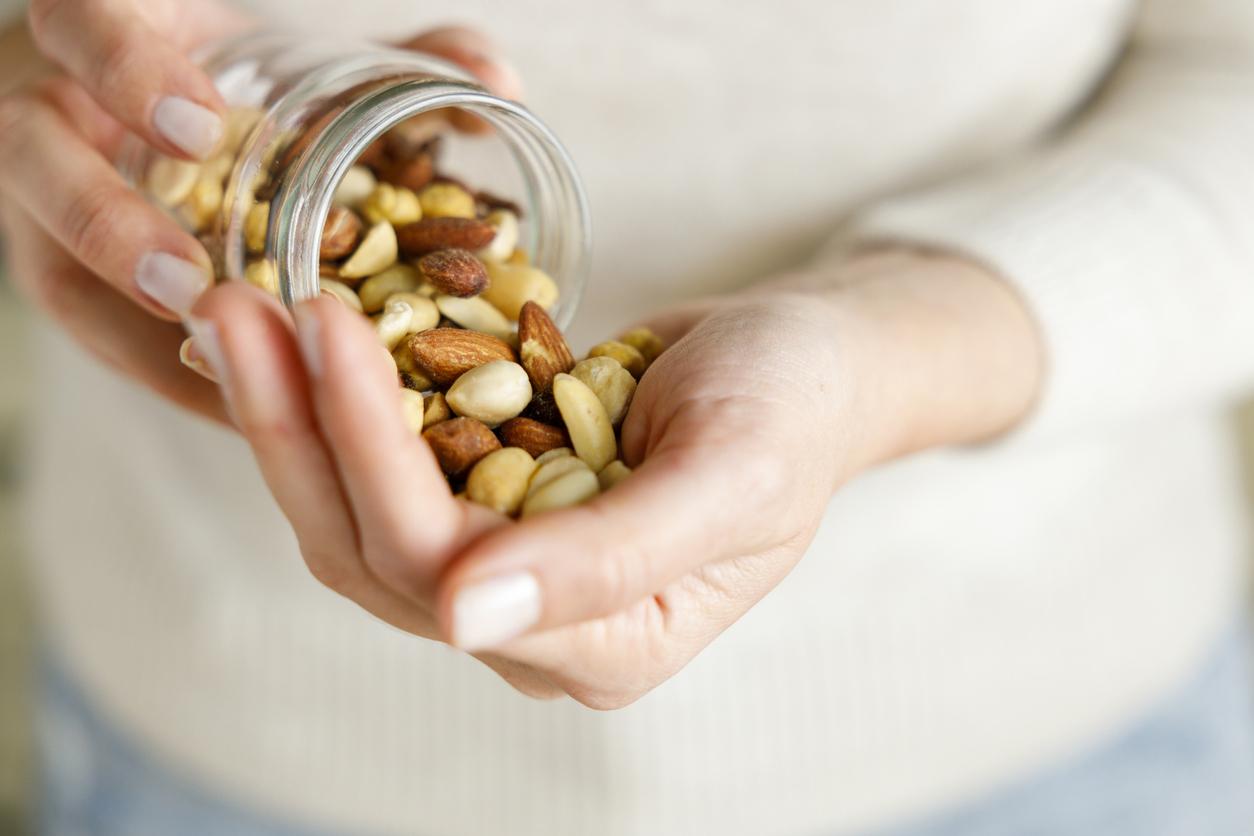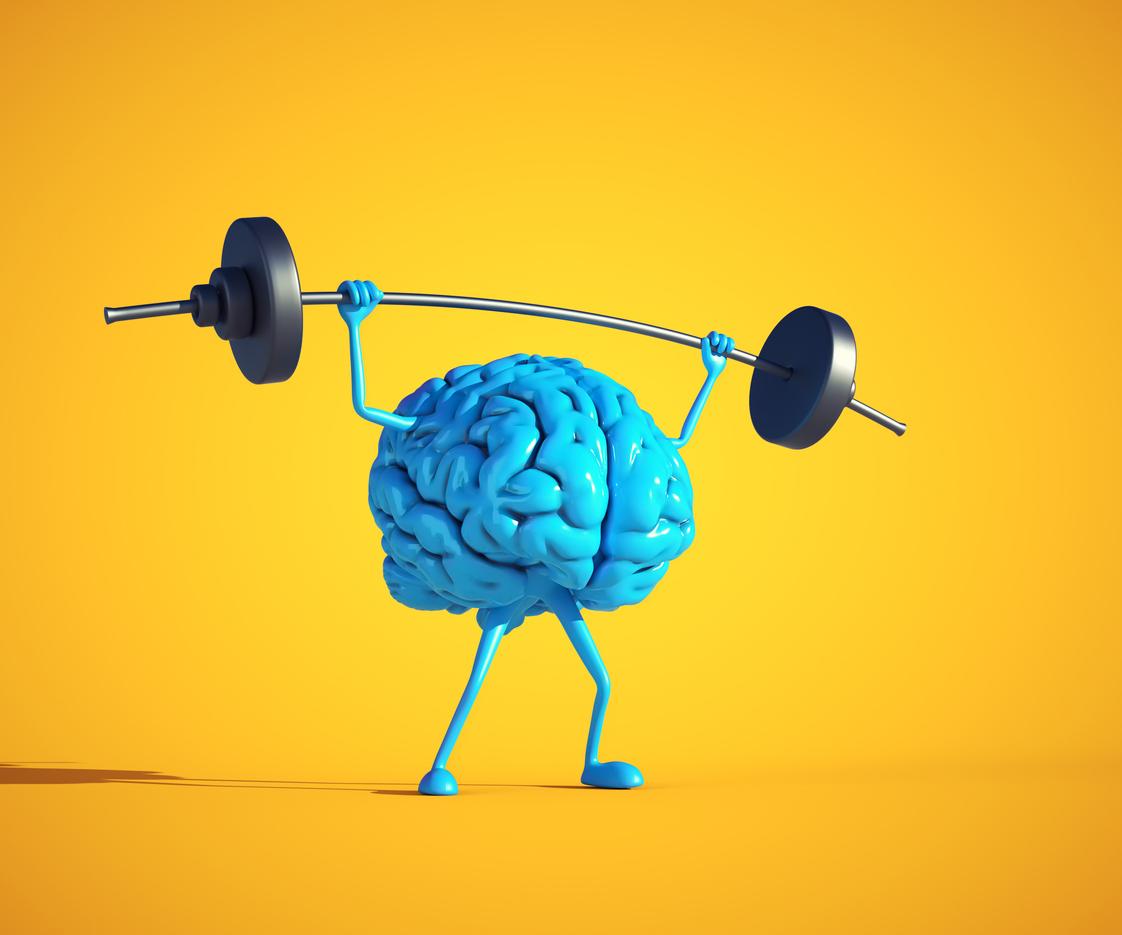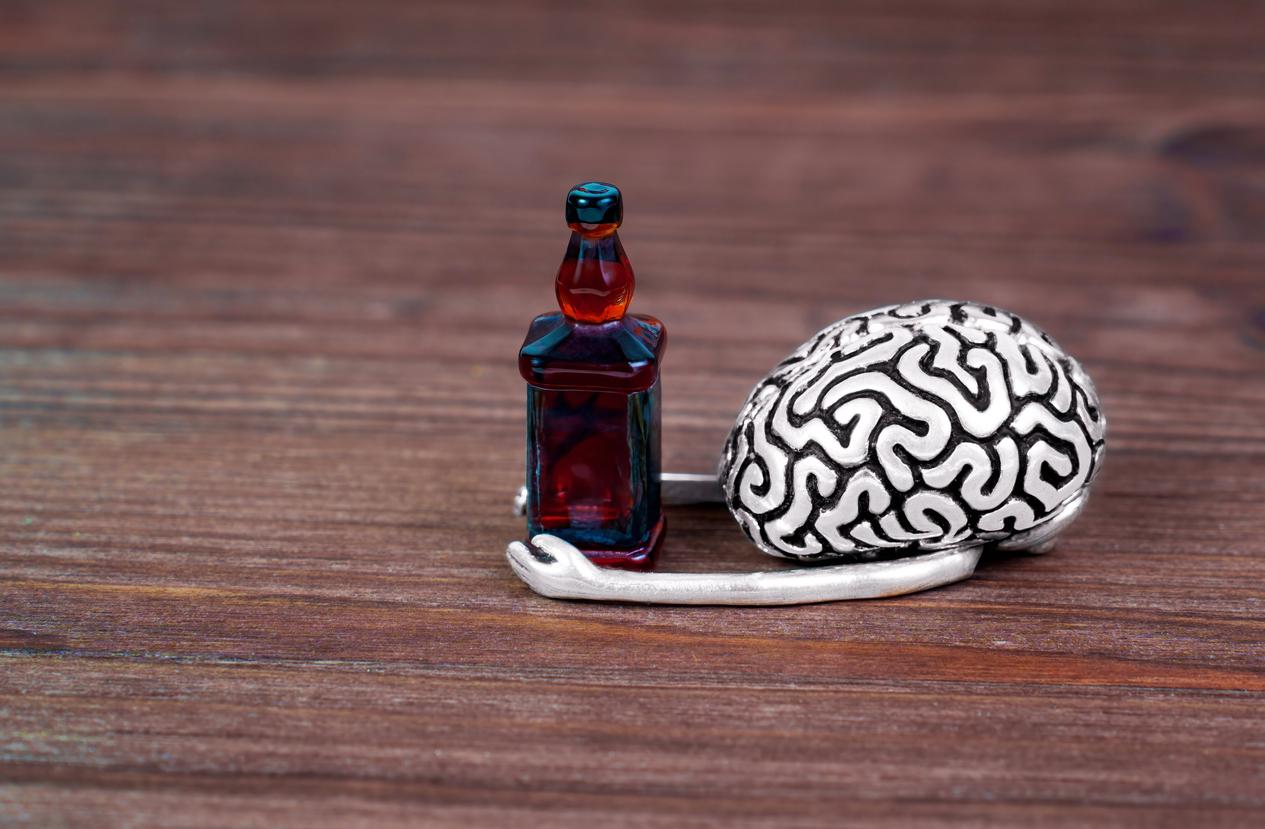Our drinking habits play a crucial role in the aging of our brain. Certain drinks, when consumed regularly or in excess, can accelerate this process.

- Alcohol and sugary drinks are the brain’s greatest enemies, accelerating its aging and impairing cognitive functions.
- Moderation is essential in the consumption of coffee and energy drinks to avoid their harmful effects on the brain.
- Opt for healthy alternatives, such as water, infusions and natural juices, to protect and nourish your brain every day.
The brain, this complex organ that orchestrates all of our vital functions, is particularly vulnerable to the lifestyle habits we adopt on a daily basis. While diet is often at the heart of discussions about brain health, the drinks we regularly consume play an equally important role, if not more. Indeed, certain drinks, although popular, can accelerate brain aging, impair our cognitive abilities, and even promote the development of neurodegenerative diseases. Here is an overview of the seven drinking habits to avoid to protect our brain.
Excessive alcohol consumption: a danger for the brain
Alcohol is arguably the most damaging beverage to the brain when consumed in excess. According to nutritional health expert Dr. William Li, high doses of alcohol can kill neurons in a very short period of time, leading to irreversible brain damage. The toxic effects of alcohol are not limited to temporary cognitive impairment. In the long term, excessive consumption can cause brain inflammation, impaired cognitive function, and personality changes.
Drinking alone regularly is another red flag. People who consume alcohol in isolation are more likely to develop mental health problems, including dementia. Even moderate drinking is not without risk. A study published in Nature Scientific Reports reveals that people who drink moderately have smaller brain volumes than those who abstain from drinking daily.
Drinking alcohol without eating: a risky cocktail
Drinking alcohol on an empty stomach is a habit that should be avoided at all costs. Without food in the stomach to slow the absorption of alcohol, it quickly enters the bloodstream and reaches the brain in just a few minutes. This process can lead to more pronounced toxic effects and an increased risk of brain damage. Dr. Li recommends always accompanying alcohol consumption with foods high in fiber or healthy fats, such as omega-3s, to reduce these harmful effects.
Sugary drinks: poison for the brain
Sugary drinks, whether sodas or industrial fruit juices, are often singled out for their harmful effects on health, particularly with regard to obesity and diabetes. However, their impact on the brain is just as alarming. Regular consumption of these drinks increases the risk of cognitive disorders, because the refined sugars they contain can cause brain inflammation, affect memory, and reduce neuronal plasticity, which is essential for learning.
Energy drinks: a deceptive boost
Energy drinks, rich in caffeine and sugar, are often consumed to overcome fatigue. But these temporary “boosters” can have long-term harmful effects on the brain. Regular consumption can disrupt sleep, which is essential for brain regeneration, and lead to addiction, with negative consequences on mood and cognitive functions.
Too much coffee: when the stimulant becomes the enemy
Coffee is probably the most consumed stimulant beverage in the world. In moderation, it can have beneficial effects on concentration and attention. However, in excess, it can cause anxiety, disrupt sleep, and lead to dehydration, all factors that can accelerate brain aging. The key is moderation: it is recommended not to exceed three cups per day.
“Light” alcoholic drinks: falsely reassuring
So-called “light” or low-calorie alcoholic beverages are often perceived as a healthier alternative. However, they are not without risks for the brain. Although they contain less alcohol or sugar, their regular consumption can still contribute to a decrease in brain volume and cognitive impairment. In addition, they can induce a false sense of security, encouraging people to drink more.
Flavored sparkling water: an acidifying choice
While flavored sparkling water is often considered a healthy option, it can contain acids and artificial sweeteners that can negatively impact brain health over the long term. These ingredients can disrupt the body’s pH balance, promote inflammation, and impair neuronal function.
To maintain brain health, it is essential to pay attention to the beverages we consume. By avoiding excess and choosing healthier alternatives, we can slow down brain aging and maintain optimal cognitive function for longer. Moderation and awareness of our choices are the keys to a healthy brain.
Healthy alternatives for a healthy brain
Rather than giving in to drinks that can harm our brains, why not opt for alternatives that promote its health? Water, of course, is still the best choice for hydration. Herbal infusions, such as green tea or chamomile, provide antioxidants that benefit the brain. Pomegranate juice, rich in polyphenols, is another healthy option that can help protect against brain aging. Finally, almond milk enriched with omega-3 is a great choice to nourish the brain while satisfying the taste buds.


















